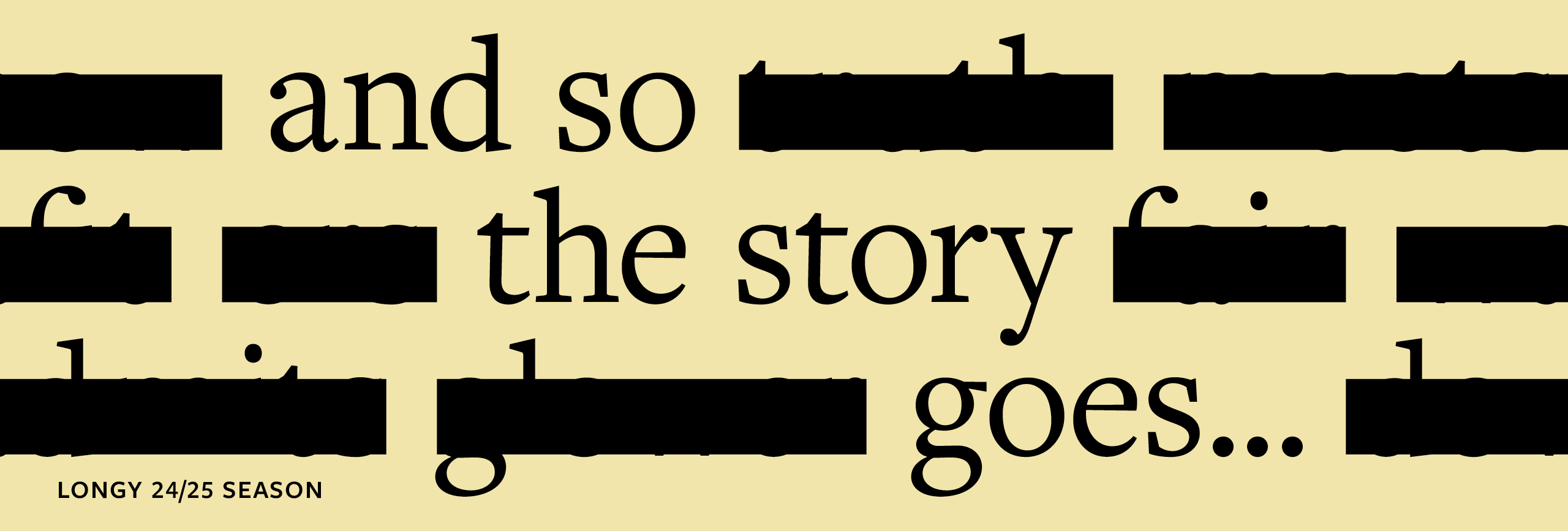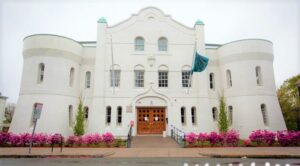While this event is open to the public, you must pre-register in order to gain access in person. Registering for the performance is an important step to ensure the ability of contact tracing. No walk-ups will be allowed at Longy for performances.
Kristine Caswelch, soprano
Eva Skanse, baroque flute
Guinevere Conner, viola da gamba



